RSS
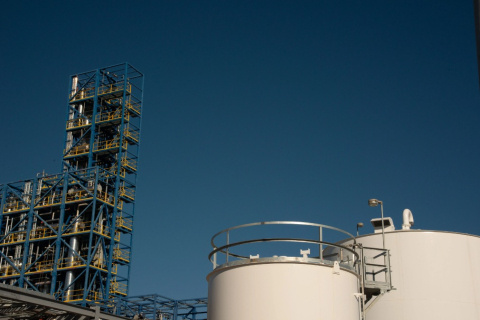
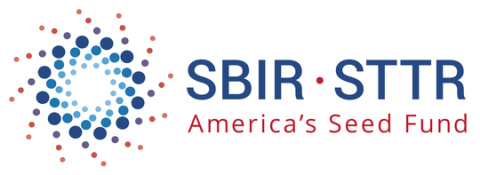
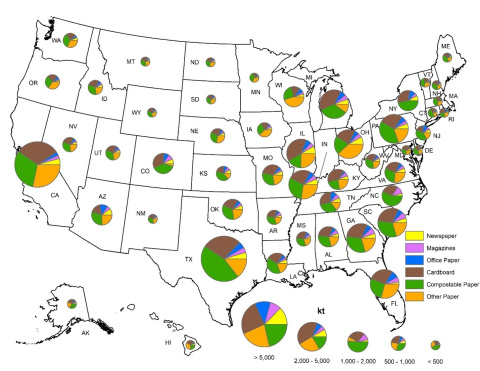

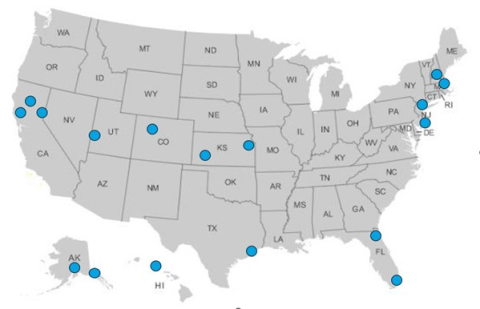
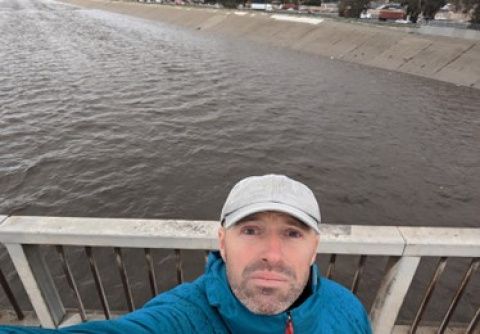
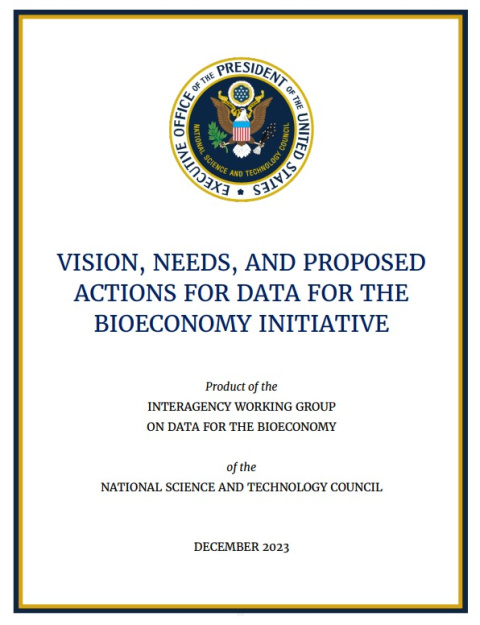
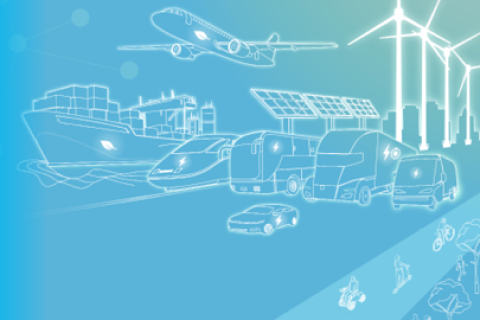
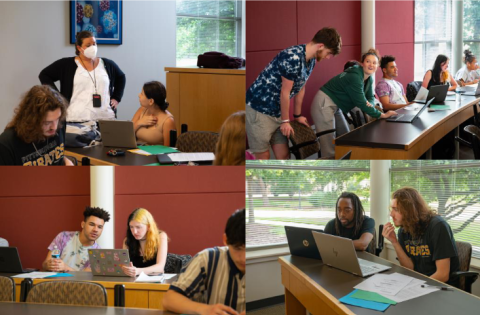
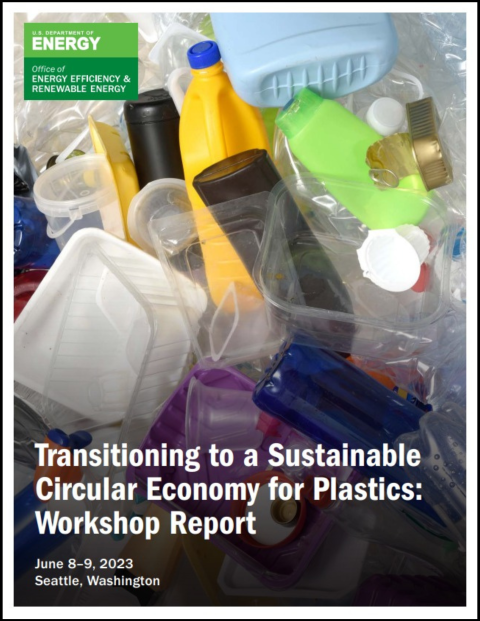

During a ribbon-cutting ceremony today, LanzaJet unveiled the world’s first ethanol-based alcohol-to-jet sustainable aviation fuel (SAF) commercial production plant in Soperton, GA. With the completion of this plant, LanzaTech, its subsidiary LanzaJet, Inc., and their partners, will optimize the process for producing sustainable aviation fuel (SAF) and reduce the cost of producing jet fuel renewable ethanol.

The U.S. Department of Energy (DOE) opened new funding to small businesses for innovative energy technologies as part of its Small Business Innovation Research and Small Business Technology Transfer (SBIR/STTR) programs.

Piles of cardboard and paper littering America’s landfills represent $4 billion in lost economic value, according to a new analysis by researchers at the National Renewable Energy Laboratory (NREL).

Join the U.S. Department of Energy (DOE) Bioenergy Technologies Office's Chemical Catalysis for Bioenergy Consortium (ChemCatBio) on January 24, 2024, 2–2:45 p.m. ET for a webinar on addressing rigor and reproducibility in heterogeneous catalysis.

The U.S. Department of Energy Bioenergy Technologies Office (BETO) and National Renewable Energy Laboratory (NREL) announced selectees for the 2023 selections for the Waste-to-Energy (WTE) Technical Assistance for Local Governments Program, which will provide assistance for 17 communities in 11 states.

Flip-flops, soda bottles, plastics contaminated with pesticides, and countless other types of debris flow from the country's waterways into the ocean. Our plastics problem is so large, we don't have a grasp on the size and scope of the issue—until now.

The release of the Vision, Needs, and Proposed Actions for the Data for the Bioeconomy Initiative was announced today, a report on advancing biotechnology; improving U.S. data infrastructure and accessibility; and growing the bioeconomy across the nation’s, energy, biomanufacturing, health, and agricultural sectors.

Modal plans specific to the freight sector lay out practical solutions that expand technologies, accelerate progress, improve efficiencies, and increase affordable, accessible vehicle and fueling options.

New resources and 2024 Office Hours are available to help educators incorporate the Bioenergy Research and Education Bridge (BRIDGES) Program into their classroom curricula! The U.S. Department of Energy’s Bioenergy Technologies Office (BETO), in collaboration with Argonne National Laboratory (ANL) and Idaho National Laboratory (INL), has developed a free bioenergy case study-based education curriculum that should take at least three classroom hours to complete.

The U.S. Department of Energy’s (DOE) Bioenergy Technologies Office (BETO) released a summary report following its Workshop: Transitioning to a Sustainable, Circular Economy for Plastics held June 8-9, 2023, in Seattle, Washington.

